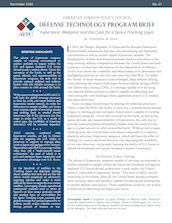
Hypersonic Weapons and the Case for a Space Tracking Layer
Given the curvature of the Earth, as well as the speed, altitude, and maneuverability of hypersonics, the only way to provide coverage is to place sensors in orbit around the Earth.

Given the curvature of the Earth, as well as the speed, altitude, and maneuverability of hypersonics, the only way to provide coverage is to place sensors in orbit around the Earth.
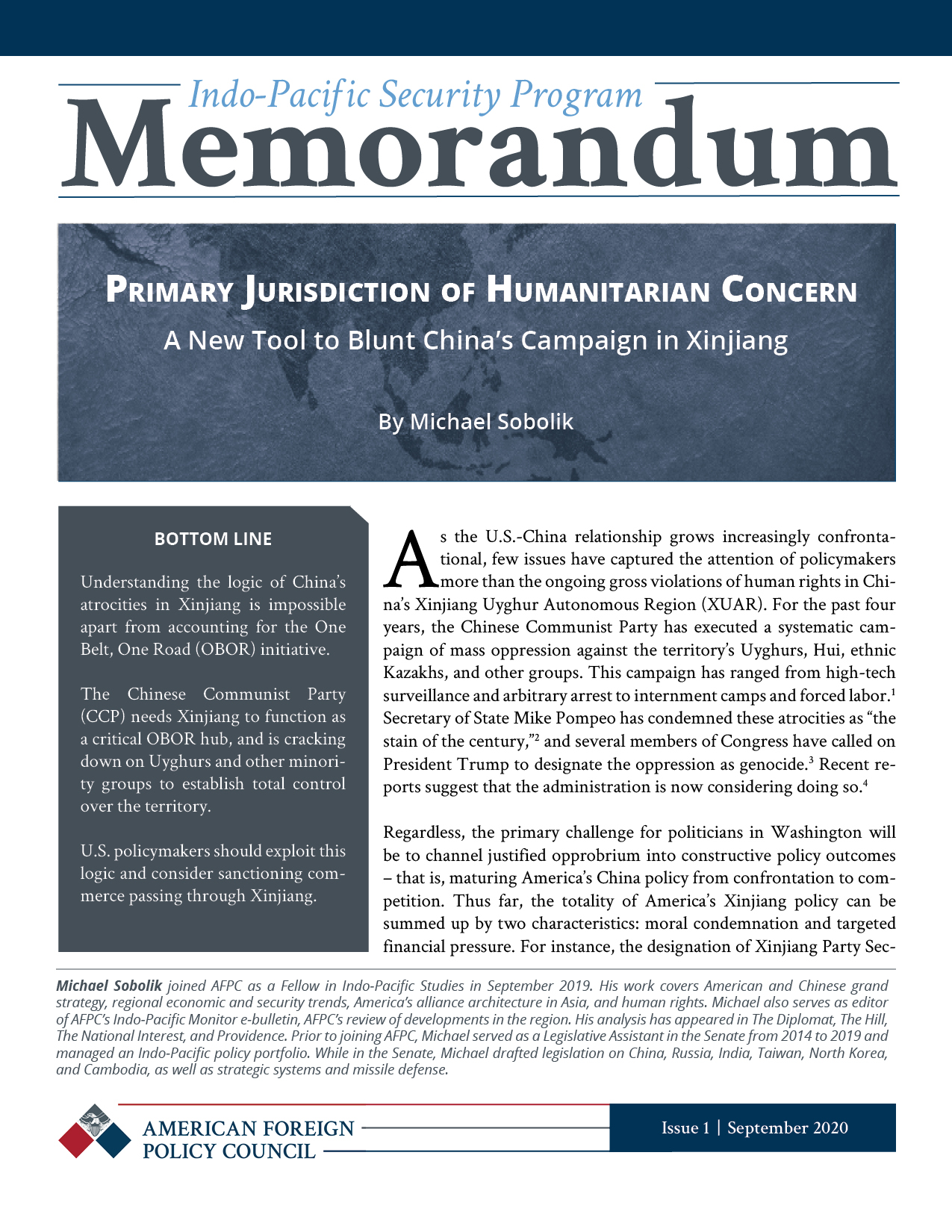
Understanding the logic of China’s atrocities in Xinjiang is impossible apart from accounting for the One Belt, One Road (OBOR) initiative. The Chinese Communist Party (CCP) needs Xinjiang to function as a critical OBOR hub, and is cracking down on Uyghurs and other minority groups to establish total control over the territory. U.S. policymakers should exploit this logic and consider sanctioning commerce passing through Xinjiang.
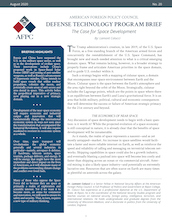
Any discussion of space development needs to begin with a basic question: is it worth it?
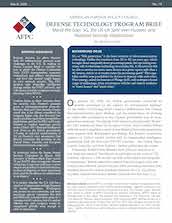
Britain’s decision to allow Huawei built 5G infrastructure presents acute challenges to the U.S.
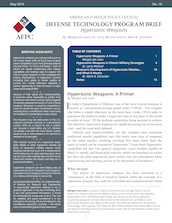
Hypersonic weapons are coming online just as the United States shifts its focus back to great power competition as its most pressing national security threat.